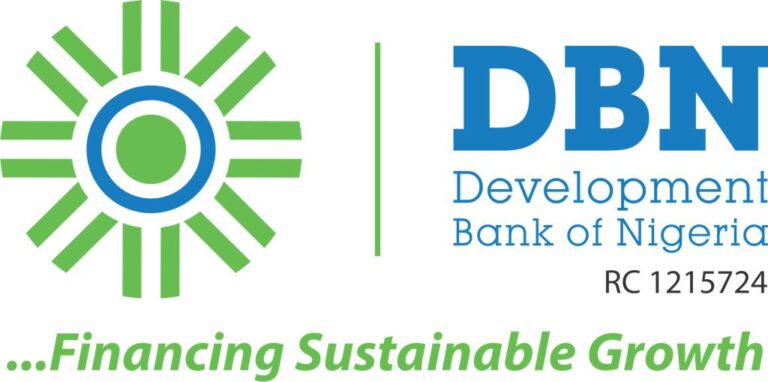Development Bank of Nigeria Plc says it has so far provided N631bn financing support to over 313,000 Micro, Small and Medium Scale Enterprises (MSMEs) over the past five years, and in the process creating over 900,000 jobs, thereby propelling sustainable development across all sectors of the nation’s economy.
Addressing newsmen on the company’s journey so far, Tony Okpanachi, Managing Director/Chief Executive of Development Bank of Nigeria Plc, said the wholesale development finance institution has had an extraordinary journey of empowering
Small businesses known to be the springboard of development worldwide. In the process, he said, the institution is creating economic opportunities, especially for those at the lower rung of the economic ladder.
At the last count, he said Nigeria boasts of over 40m MSMEs, accounting for 96% of all businesses, 84% of employment, and approximately 50% of the nation’s entire GDP, thereby making a remarkable contribution to national development.
By supporting MSMEs, Okpanachi said DBN is also catalysing growth across various sectors and changing the dynamics of development in our nation, especially those operating in the trade and commerce sector, which make up the highest number of micro-businesses and informal enterprises within the country.
The International Monetary Fund (IMF), he said, estimates that over “80% of the entire population of Nigeria (which is more than 160 million Nigerians), depends on the informal economy. This means that the Trade and Commerce sector is the hope of daily survival and livelihood for most Nigerian families and entrepreneurs. DBN recognizes this critical need. As such, more than N230bn have been channelled to support small businesses in the Trade and Commerce sector over the past five years leading up to December 2022.”
This, he continued, is followed by the manufacturing sector, which has over the past three to five years has been contributing between 12 to 17% to the national economy, remaining one of the highest labour-intensive sectors, playing a vital role in the country’s industrialization journey. This, he added, is why DBN has supported MSME players in the sector with financing in excess of N69bn.
Small businesses in the agricultural sector, the DBN boss explained, has also attracted of the bank’s attention, in view of its importance in improving food security, hence the allocation of N27bn, helping to empower farmers, and promoting agro-entrepreneurship.
“The financial support provided by DBN has helped agro-MSMEs to enhance their operations, invest in modern farming techniques, acquire machinery and equipment, expand their production capacity, and access new markets,” he stressed.
Another sector, he noted, included hospitality and tourism sector MSMEs, to which DBN has provided N13bn in funding support for expanding their operations, improving infrastructure, enhancing service quality, and contributing to the growth of Nigeria’s tourism industry; followed by education to which the bank allocated N12bn. The health sector was allocated N11.5bn for expansion, aimed at improving access to healthcare services and enhancing the health conditions of the populace; just as the technology and innovation sector received N11bn to drive development and digital transformation across sectors.
Despite these modest achievements, Okpanachi said DBN remains resolute in its commitment to even greater heights, despite the hurdles that lie ahead, which he described “as gateways to transformation, innovation, and a greater sphere of influence.
“We will continue to leverage our strengths, build viable partnerships, and explore new opportunities for impact, ensuring that the Development Bank of Nigeria remains a catalyst for sustainable development,” he stressed.
Trending Today
Menu








